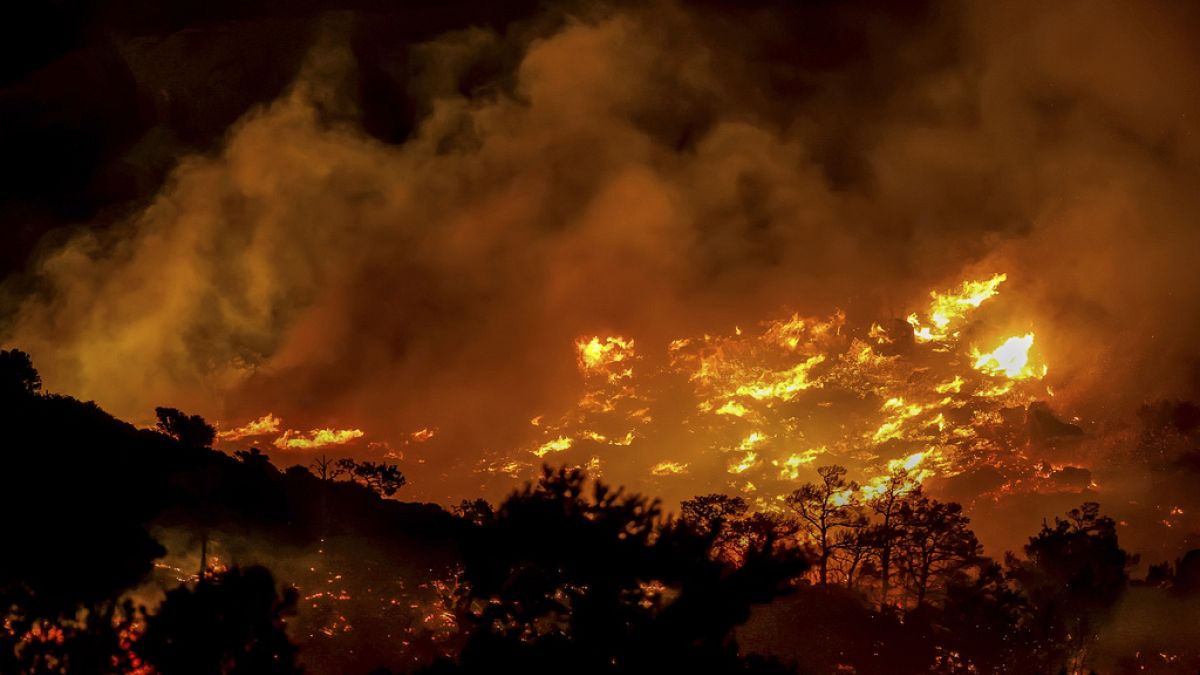

As the heart of summer beats fiercely over Europe and the Middle East, communities find themselves bravely facing the impacts of extreme weather. Recent developments underline the urgent call to action to ensure a sustainable future for all.
The year 2025 marks another challenging period of wildfires in Mediterranean regions. Firefighters in Greece and Turkey are battling tenacious blazes that threaten landscapes and livelihood, prompting evacuations and emergency responses. Temperatures have been rising steadily, enhancing the risk of such fires. The European Union’s Copernicus Climate Change Service has reported that Europe is the fastest-warming continent since the 1980s, experiencing a rate of temperature increase twice that of the global average. This profound change underscores the need for comprehensive adaptation and preventive measures.
Heatwaves not only foster conditions ripe for wildfires but also impose significant health risks, particularly in occupational settings. The European Trade Union Confederation has noted a worrying 42% increase in heat-related deaths at work since 2000. In response, there is a growing demand for implementing standardized safety measures across industries to protect workers during heatwaves. This measure is crucial to ensure not only the health of the workforce but also the economic resilience of industries affected by extreme temperatures.
The economic ramifications of climate-related events are becoming increasingly apparent. A recent study highlights that countries like Germany, Italy, France, and Spain have borne the brunt of economic losses due to natural hazards since 1980. These events disrupt supply chains, damage infrastructure, and pose significant economic challenges. Addressing these issues requires more than reactive measures; it calls for strategic, long-term plans that build economic resilience and sustainable practices into national and regional economies.
In Gaza, where the searing summer heat combines with existing resource challenges, families are seeking solace by the sea. The coastal regions have become a refuge from the sweltering temperatures, providing a temporary reprieve for children and families living in makeshift tents. The situation in Gaza highlights the broader impacts of climate change on vulnerable communities, emphasizing the need for humane and effective resource management and humanitarian aid.
Amid these challenges, a landmark ruling from the Costa Rica-based Inter-American Court of Human Rights has declared a stable climate a human right, compelling states to take responsibility for addressing climate change. This advisory opinion calls attention to the extraordinary risks of climate change, especially for vulnerable populations. The decision serves as a guiding light for international efforts to combat climate change, urging nations worldwide to collaborate and address what is increasingly recognized as one of the most pressing human rights issues of our time.
These multifaceted challenges, from wildfires and economic losses to climate-induced migration, reflect the far-reaching impacts of climate change. Yet, in this narrative, there is a silver lining: the growing acknowledgment of climate change as a human rights issue opens doors for more robust legal frameworks and international cooperation. As states, organizations, and individuals come together, the potential for meaningful change grows, offering hope that through mindful action and collective responsibility, we can strive towards a more sustainable and resilient future.
Source: {link}
